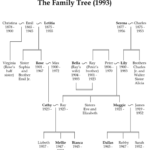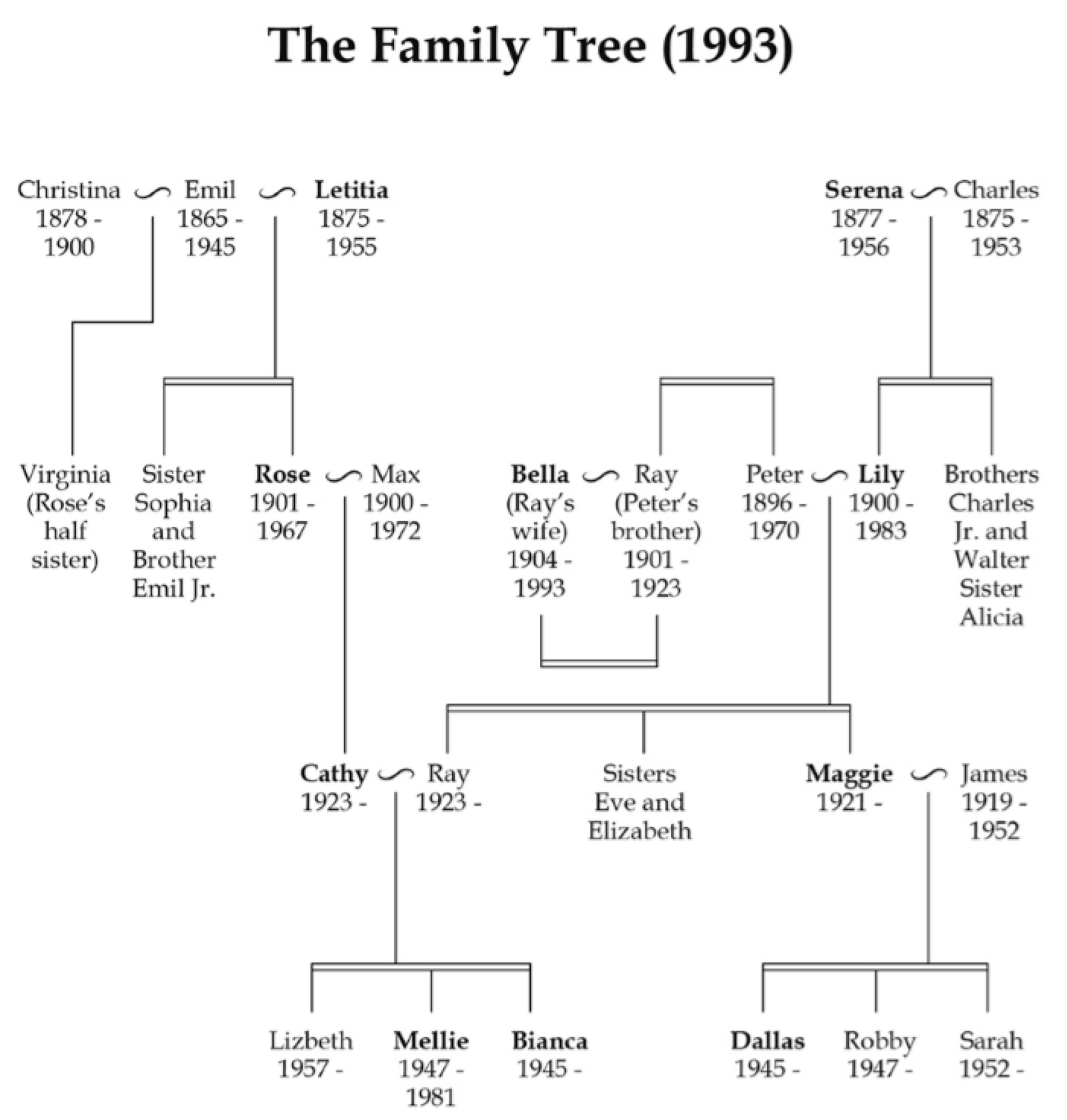Understanding why family lineage matters for genealogical research is essential if you’re looking to connect with your roots. Family lineage provides the structure that genealogists rely on to uncover the stories, relationships, and history of generations past. Whether you’re tracing your ancestry for personal reasons or to preserve family history for future generations, family lineage serves as the foundation for your research.
In this article, we’ll explain why family lineage is so crucial for genealogical research, how it guides your work, and the benefits it brings to understanding your family tree.
What is Family Lineage?
Family lineage is the direct line of ancestors and descendants that connects individuals through generations. It includes parents, grandparents, great-grandparents, and beyond. This lineage forms the backbone of genealogical research because it provides a clear path to follow when documenting family relationships.
By focusing on lineage, you can track the movement, occupations, and even the traditions of your ancestors. This structure makes it easier to organize records and find the connections that build a comprehensive family tree.

Why Family Lineage Matters For Genealogical Research
1. Provides a Clear Framework
Family lineage gives genealogists a structured framework to follow. Instead of jumping between unrelated branches, lineage allows you to focus on a specific line of descent. This structure keeps your research organized and prevents confusion.
2. Strengthens Family Connections
Tracing family lineage helps you understand how different branches of your family connect. It reveals relationships between relatives you may not have known existed, bringing your extended family into clearer focus.
3. Helps Preserve Family History
Understanding family lineage is vital for preserving history. Knowing the key individuals in your family tree ensures that their stories, struggles, and achievements are not lost over time. This information can then be shared with future generations.
4. Identifies Patterns and Traditions
When you focus on family lineage, you often uncover patterns or traditions that have been passed down through generations. These could include occupations, migration patterns, or cultural practices that define your family’s identity.
5. Supports Legal and Medical Research
Family lineage is also important for legal and medical purposes. For example, proving lineage can be crucial in inheritance cases. Similarly, understanding your family’s medical history can provide insights into hereditary health conditions.
6. Facilitates Cultural Understanding
Lineage often connects you to specific cultures or regions. By understanding where your ancestors came from, you gain a deeper appreciation for your cultural heritage and traditions.
7. Validates Historical Records
Family lineage helps you verify the accuracy of historical records. By comparing names, dates, and locations across generations, you can confirm the authenticity of the documents you find.
8. Encourages Collaboration
When you share your family lineage with others, you can collaborate to fill gaps in your research. Relatives or other researchers might have information or documents that help complete your family tree.
9. Creates a Legacy for Future Generations
By documenting your family lineage, you create a legacy that future generations can cherish. They’ll have a detailed record of their ancestors, giving them a sense of belonging and connection to their roots.
10. Inspires Personal Reflection
Learning about your lineage often leads to personal reflection. It helps you understand where you come from, what your ancestors endured, and how their lives shaped your own. This perspective can be incredibly rewarding.
Tips for Tracing Family Lineage in Genealogical Research
- Start With What You Know: Begin your research with the information you already have, such as names, birth dates, and family stories.
- Use Reliable Sources: Rely on official records like birth certificates, marriage licenses, and census data.
- Document Everything: Keep detailed notes of your findings, including sources and dates.
- Ask Family Members: Interview relatives to gather stories and details that might not be in official records.
- Organize Your Findings: Use charts or genealogy software to visualize your family tree.
Conclusion
Family lineage is the foundation of genealogical research. It provides the framework, connections, and insights that make uncovering your family history possible. By understanding why family lineage matters for genealogical research, you can create a meaningful and detailed family tree that preserves your heritage for years to come. Whether you’re a seasoned genealogist or just starting, focusing on lineage will make your research more effective and rewarding.











